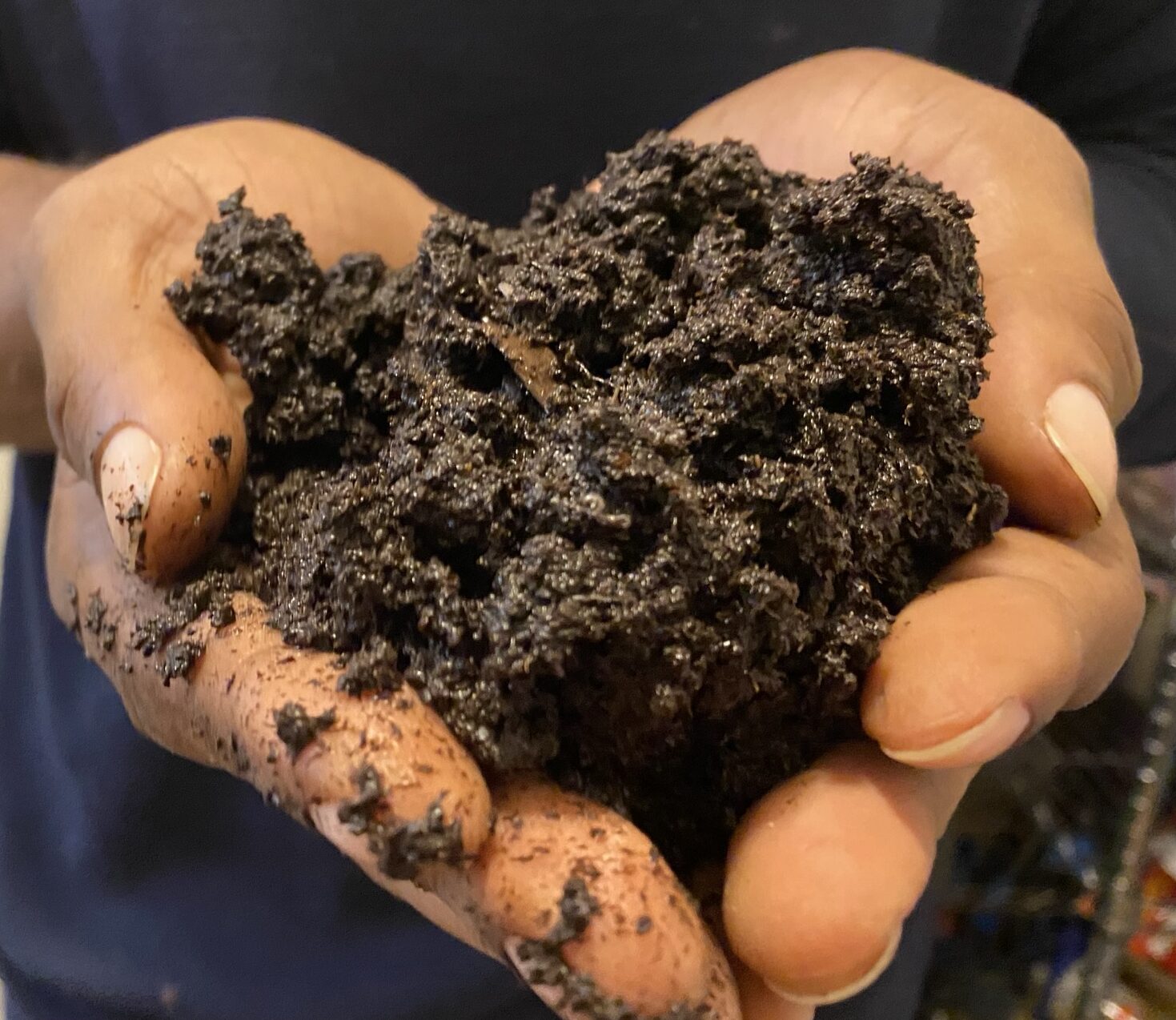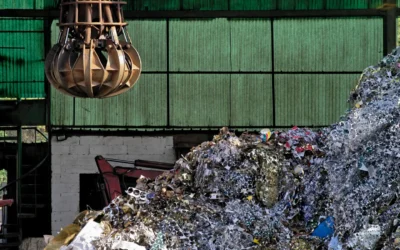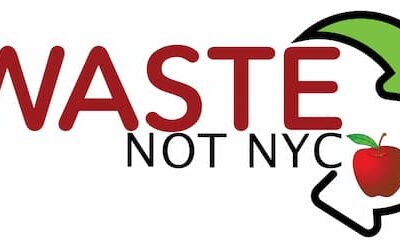Sustainable waste solutions for homes and businesses
Join the movement to reduce waste, fight climate change,
and keep NYC green- one compost pickup at a time.
3 Easy Steps to Start Composting
- Choose Your Plan – Select a subscription that fits your needs.
- Get Your Bin – We deliver your compost bin with liners.
- We Pickup & Compost – On schedule, hassle-free.
Composting Made Simple — For Everyone
Whether you’re a local business producing coffee grounds or a household tired of tossing food scraps, Waste Not offers easy, reliable compost pickup services tailored to your needs.
-
For Businesses: Cut disposal costs, boost sustainability, and show your customers you care.
-
For Homes: Say goodbye to smelly trash and hello to greener living.
✅ Why Waste Not?
Why Waste Not?
🏙️ NYC-Rooted & Community-Focused
Born in the Bronx, built for the boroughs and beyond. We’re not just local—we live this.
♻️ 100% Organic Waste Commitment
No greenwashing. We compost real food scraps, not packaging hype.
🚲 Low-Carbon Pickups
E-bike, electric vehicle, and cargo trailer options minimize emissions and traffic impact.
👨🏾🏫 Master Composter-Led
Education is at our core—from workshops to practical, street-level composting knowledge.
🤝 Trusted by Businesses Like Buunni Coffee
If it works for your neighborhood café, it can work for your home or kitchen too.

What We Do
Waste Not collects food scraps from homes and businesses, transforms them into nutrient-rich compost, and returns that value to local soil.
Our low-emission pickups and hands-on processing help fight climate change, reduce landfill waste, and build greener communities.
Benefit Of Composting
- Save cost of waste disposal services
- Reduce food waste to landfills
- Reduce weight and volume of waste stream
- Help to improve sustainability
- Reduce Green House Gas emissions
- And Many More
Our Blog Post
Why is it important to recycle food waste?
Food waste that is not recycled may be sent to landfill where it rots, causing a huge negative impact on the environment by releasing methane – a harmful greenhouse gas that is 25 times more potent than carbon dioxide. Some local councils send their non-recyclable...
How is food waste recycled?
Around 4.5 billion tonnes of food is thrown away by households in the world every year, and most of it could have been eaten. That is enough to fill 900 million wheelie bins, or 90 Royal Albert Halls. Avoiding throwing out food that could have been eaten will save you...


